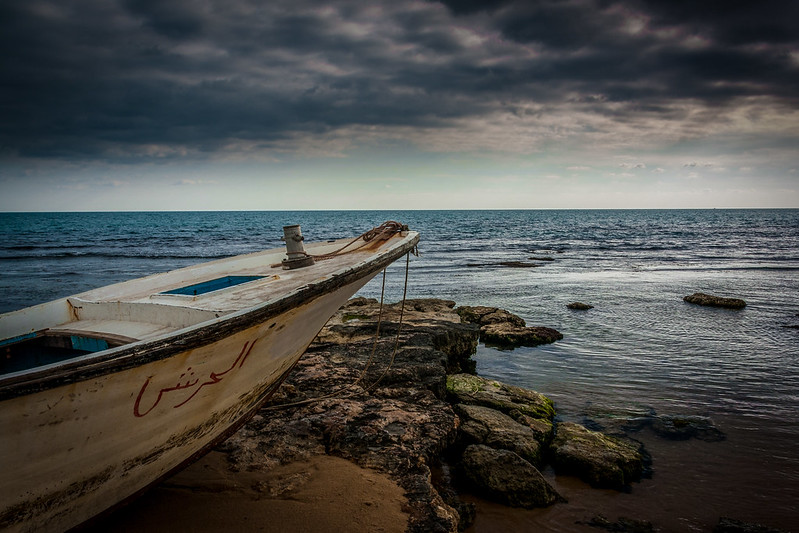An appeal signed by Cardinal Angelo Scola and some others was promoted by the Oasis Foundation Christian and Muslim personalities for a common response to the tragedy that occurred off the coast of Crotone. “We are called to work together against the injustices and oppression that are often at the basis of the decision to leave, opposing nationalistic and selfish closures and condemning the unscrupulous action of human traffickers and smugglers”
The latest, tragic, shipwreck of a boat of migrants in the Mediterranean Sea calls everyone to take responsibility. Due to its complexity, the migratory phenomenon needs solutions of various kinds, which take into account the political, social, economic and environmental factors of the countries involved. But it is
above all a human fact that challenges everyone’s conscience.
Christians and Muslims should feel particularly touched by this reality. In fact, most of the emigrants trying to reach Europe are people of Christian or Muslim faith, the territories through which they pass have a significant Christian or Muslim presence and the places from which they embark
they are mostly Muslim-majority countries.
In recent years, the dialogue between Christians and Muslims has understandably focused on issues such as peaceful coexistence, equal citizenship and the prevention of religious violence, with the publication of shared documents, position papers and the organization of conferences. We believe that emigration, with all the suffering that accompanies it, deserves similar attention. There are already many initiatives implemented in this area by individual people or institutions, but joint action would contribute to deepening the reasons for Islamic-Christian friendship.
It is not the immediate task of religious authorities and Christian and Muslim faithful to suggest technical solutions to the challenges that emigration entails. However, they can intervene both on a humanitarian and cultural level, contributing to the debate on this issue in the light of the values preserved by their traditions.
As stated in the Document on Human Fraternity for World Peace and Common Coexistence, signed by Pope Francis and the Grand Imam of al-Azhar Ahmad al-Tayyib on February 4, 2019, «faith leads the believer to see in the other a brother to support and to love. From faith in God, which he created
the universe, creatures and all human beings – equal in His Mercy – the believer is called to express this human brotherhood, safeguarding creation and the whole universe and supporting every person, especially the neediest and poorest”.
In the encyclical Brothers AllFurthermore, Pope Francis highlighted that emigration is always an experience of uprooting and therefore reaffirmed “the right not to emigrate, that is, to be able to remain in one’s own land”. At the same time, however, he recalled that many “flee from war, from
persecutions, from natural catastrophes» while «others, with full rights, are looking for opportunities for themselves and their families. They dream of a better future and want to create the conditions for it to come true”.
In its unfolding, emigration consists of different phases and invests a plurality of subjects. To govern it, it is necessary to act at every level, upstream and downstream at the same time: to work to try to remove the causes that generate it, thus limiting its scope, and at the same time to provide safe paths and adequate forms of reception and integration for people who decide to leave their country.
Christians and Muslims are called to make their own contribution in each of these areas, committing themselves against the injustices and oppression that are often at the basis of the decision to leave, opposing the nationalistic and selfish closures that prevent acceptance and condemning the action unscrupulous
of human traffickers and smugglers who get rich on the skin of migrants.
The invitation to an Islamic-Christian mobilization around these issues does not in any way intend to exclude or deny the contribution of people of other religious traditions and other convictions, but aims to ensure that a spiritual and moral patrimony in part shared between Christians and Muslims is placed at the service of life
good of all.
Photo: Flickr / Principality
